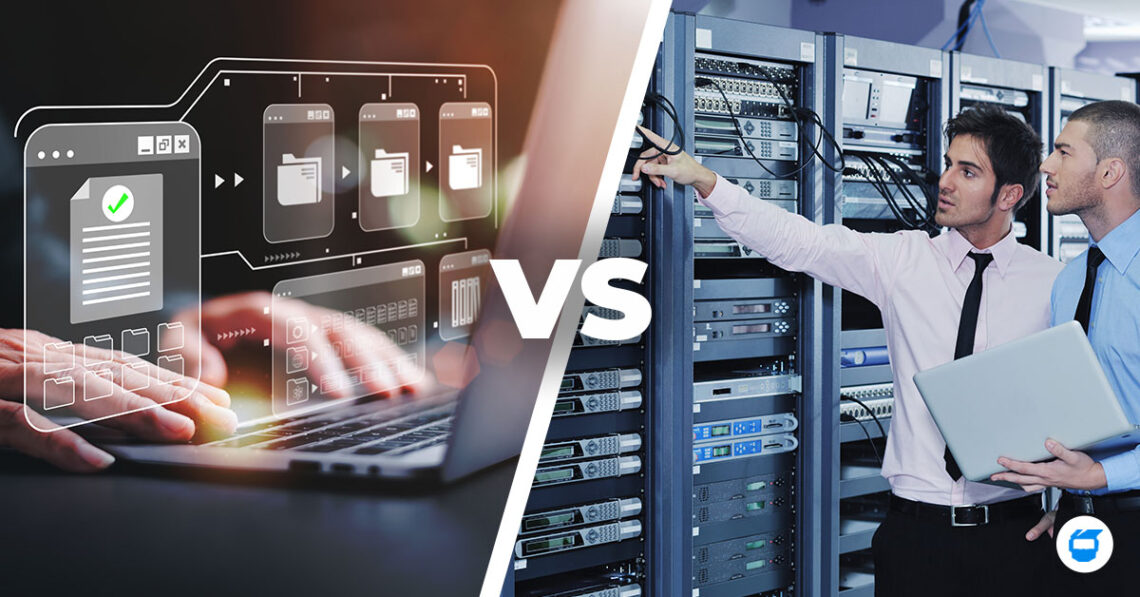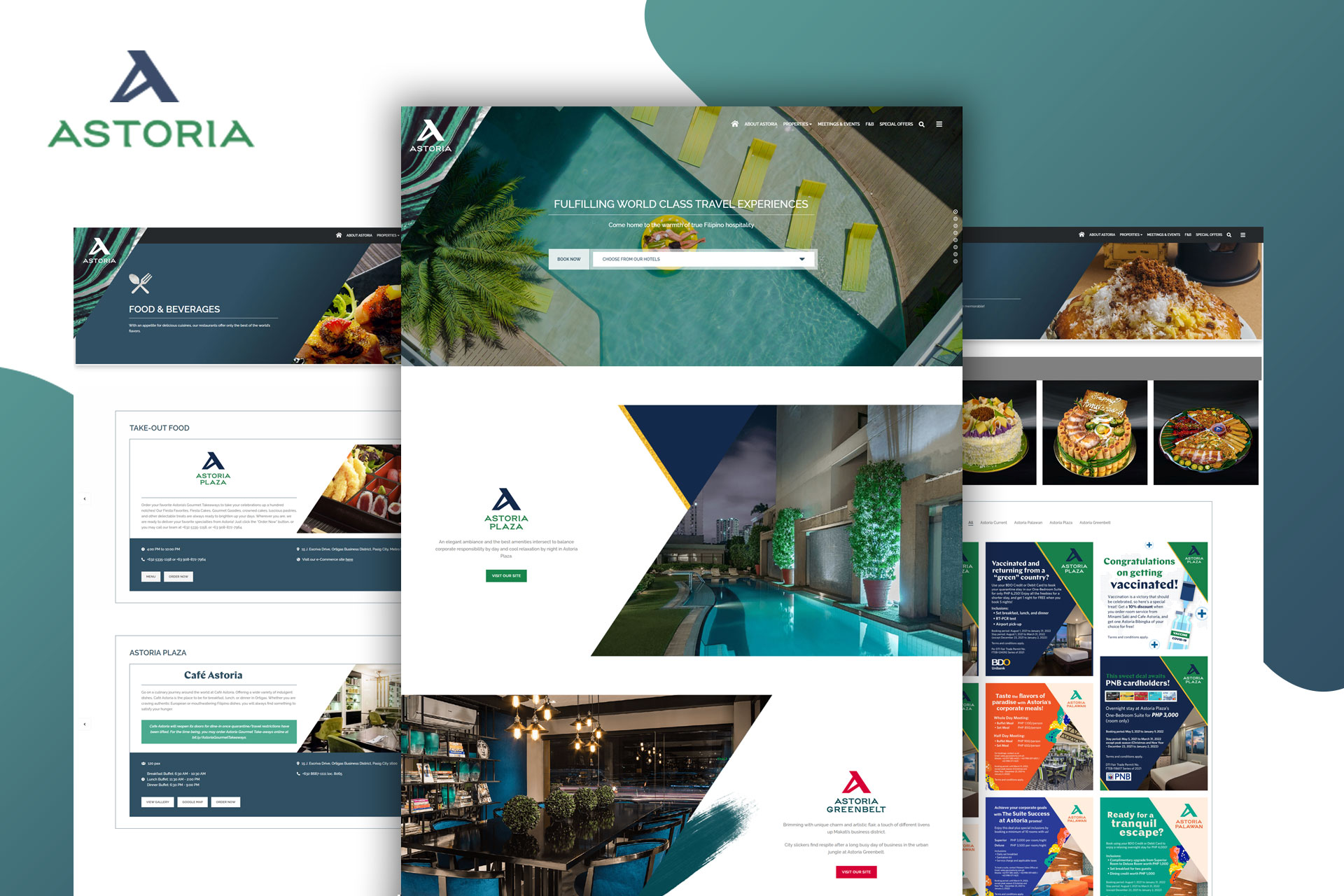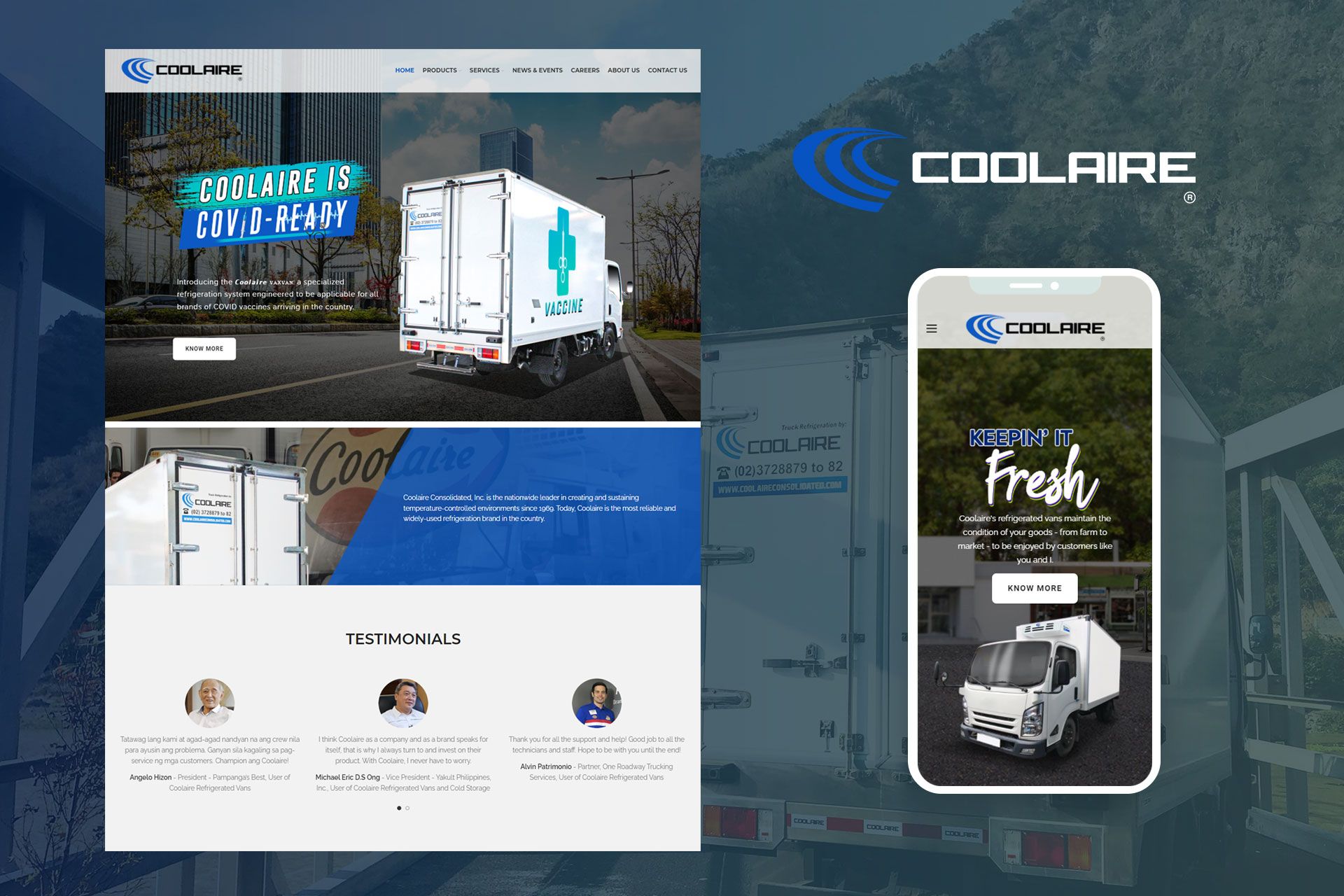Your business needs a server if you want to run specific applications, such as a web server or database. Choosing between VPS and dedicated servers can be complicated and confusing, mainly if you have never used or set up either of the types of web hosting before.

In this article, we’ll take an in-depth look at the pros and cons of these two options so that you can decide which is suitable for your needs and budget.
Virtual Private Server (VPS)
A Virtual Private Server (VPS) is a virtual machine with its own operating system and is fully isolated from the other virtual machines on the physical server. A VPS server offers the same level of security and reliability as any dedicated server, but it’s cheaper to run since you can use it only when you need it.
Pros of VPS Servers
VPS servers offer a host of benefits that dedicated servers do not. They are more affordable, easier to manage and maintain, and more secure than dedicated servers.
- Lower cost – VPS server costs are often less than half the price of fully managed dedicated servers.
- Easier to manage and maintain – You can easily manage your VPS server with many automated tools. Cloud hosting providers also provide regular patches that keep your system up-to-date with the latest security measures. This helps to protect against website malware attacks or other vulnerabilities introduced by third parties who have access to your machine or data center environment (i.e., hackers).
- More secure than shared hosting – VPS hosting offers you a greater level of security. You can secure your partition of the server however you choose, and you won’t be stuck in a lousy neighborhood due to someone else’s actions.
Cons of VPS Servers
As with any server, there are a few cons to consider:
- Not as powerful as dedicated servers – VPS servers are suitable for personal sites or applications that need a lot of processing power, but if you’re running a huge business portal with a forum sending out lots of emails and hosting resource-hungry applications, you’ll need a dedicated server.
- Limitations – When multiple VPS containers are hosted on the same physical server, if one consumes an excessive amount of CPU or RAM power, this can slow down the entire server — which can affect your VPS container.
- Slower support – A support technician can solve a problem with a cloud hosting account much faster than a problem with a VPS server.
Dedicated Server
A dedicated server is a physical computer located in a data center that hosts large, high-traffic websites and applications. They are typically used for machine learning and virtualization.
Dedicated servers are the way to go if your business needs stability, performance, and security. They offer more power than VPS servers and are generally more expensive.
Pros of Dedicated Servers
- Dedicated servers are more flexible and customizable – Unlike VPS, a dedicated server is completely under your control, allowing you to configure it just how you want it. For example, if your business requires an extra-large amount of RAM or storage space but the default configuration doesn’t include those features, this won’t be an issue with a dedicated server.
- Dedicated servers are more secure than VPS – Due to their isolation from other customers’ data servers. This makes them less vulnerable to attacks by hackers and malware programs looking for access to other companies’ systems through yours.
- A dedicated server performs better – There’s no interference from other users accessing the same resources at once—just yours! Additionally, dedicated servers have fewer limitations on CPU cores (processing power) compared with VPSs.
Cons of Dedicated Servers
- More expensive than other servers – It’s important to know that server costs are generally equal between shared and dedicated servers. Dedicated hosting is more costly than shared hosting because all of the server costs are being paid by you rather than being split with other customers.
- Requires more technical knowledge – To manage your server effectively, you should have at least a basic understanding of its technical components.
With both VPS and dedicated servers, a web host will provide storage space and allow you to set up your websites and applications. However, their operating systems, security features, storage speeds, and resources vary greatly and will determine how well your website performs.
Choosing a VPS or dedicated server is something that many website owners need to do at some point, but it can be difficult if you need help figuring out where to start. Your choice will depend on several factors, from how much money you’re willing to invest, to how many people will be using the service regularly and what you’ll be using the site for.
Hopefully, we’ve provided enough information to help point you in the right direction.
Do you need help with your virtual private server? Contact us today so we can help you!


 Shopify Website Design
Shopify Website Design  Small Business Marketing
Small Business Marketing 
















